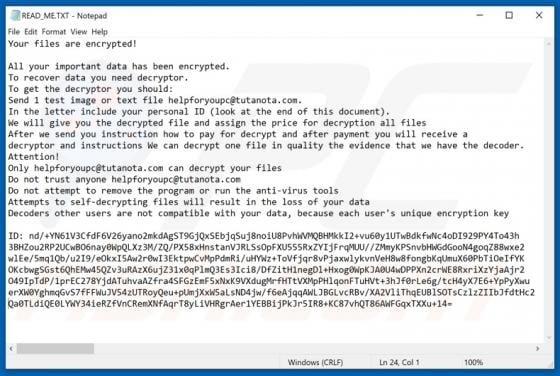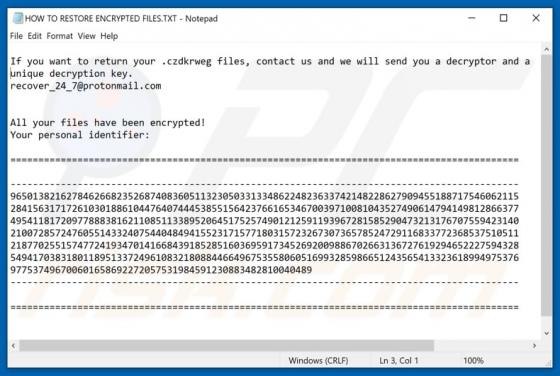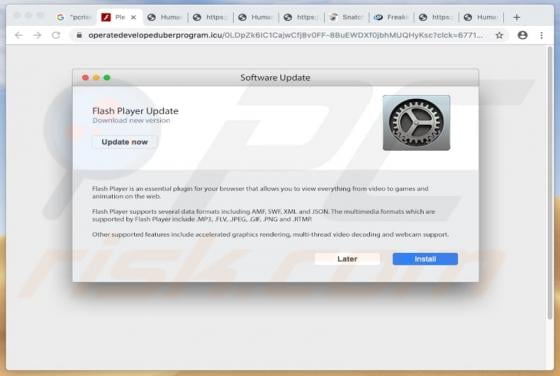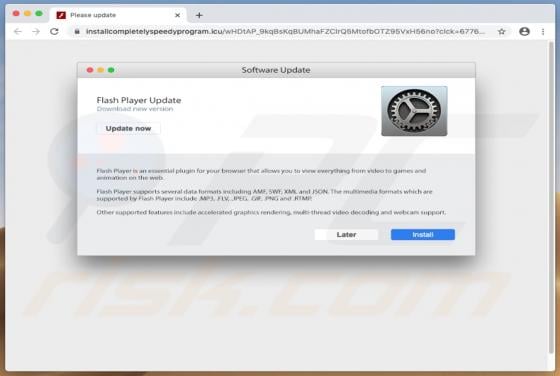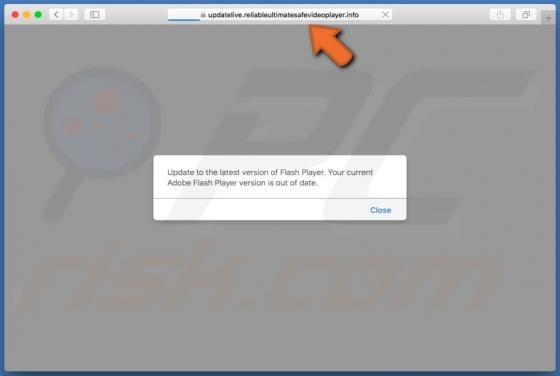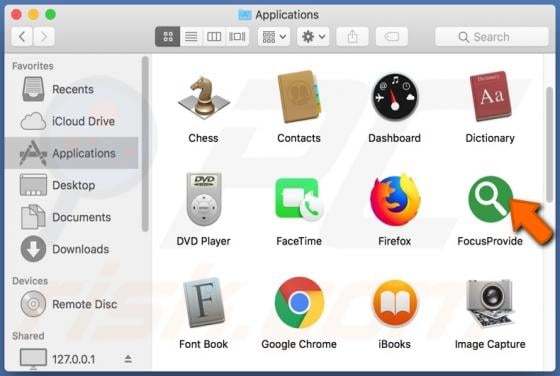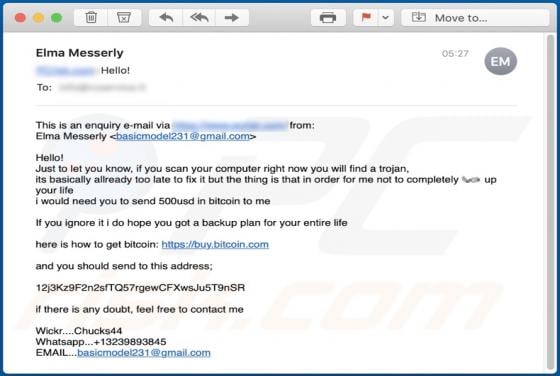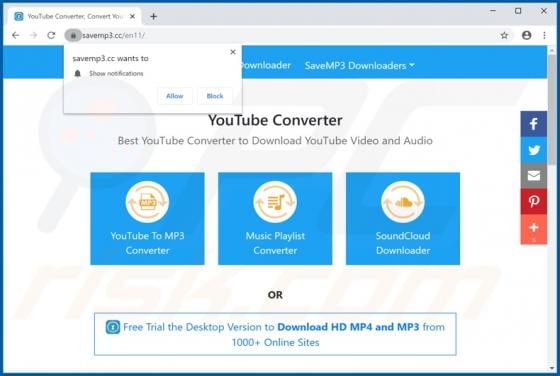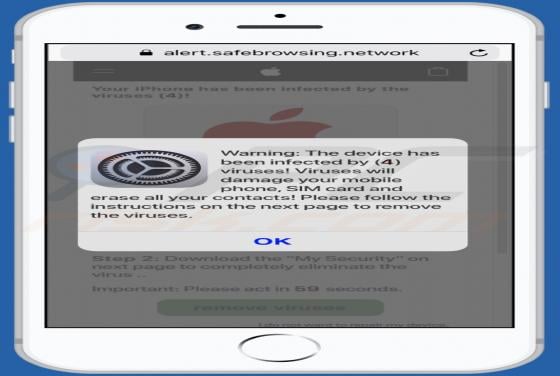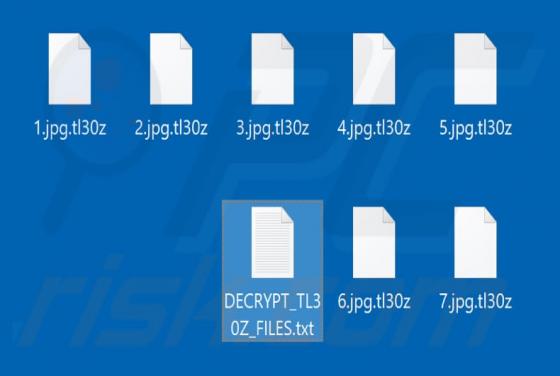
Tl30z Ransomware
Tl30z is one of the variants of Snatch ransomware, this particular variant was discovered by Raby. It renames encrypted files by appending the ".tl30z" extension, for example, it renames a file named "1.jpg" to "1.jpg.tl30z", and so on. Like most programs of this type, Tl30z also creates a ransom
